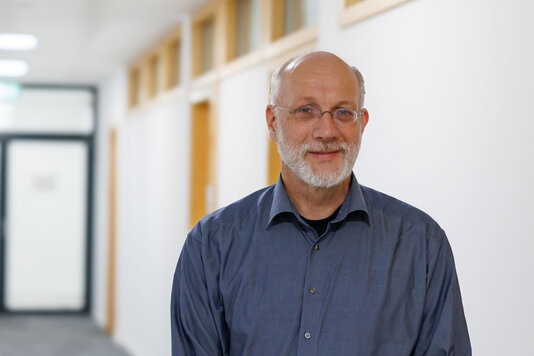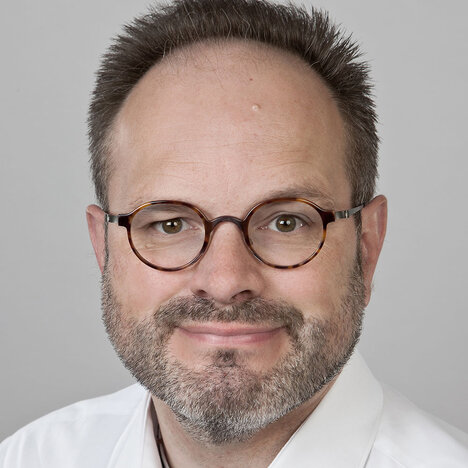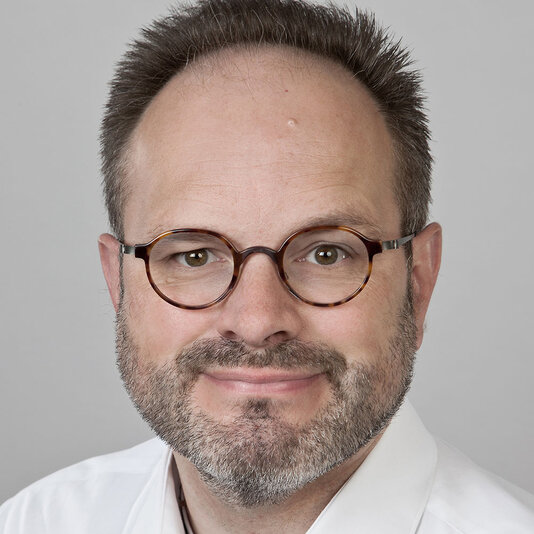
The first experiments with electric propulsion systems for inland waterway vessels go back to the 1830s when a first electric boat was operated in St. Petersburg, Russia. During the late decades of the 19th century, battery-electric launches were widely used on the inland waterways and finally, since the mid-1890s, various experiments with electric ships were carried out on European and North-American canals. Many of the rationales for the experiments with electric propulsion systems for inland waterway navigation around 1900 closely mirror modern-day discussions like, for example, on emissions in inner-city regions. Beginning in 1908, the German company Ziegeltransport AG built up a fleet of nearly 200 battery-electric cargo ships operating on the waterways of the Berlin region, which were successfully in use until the end of World War I.
The project will take a deep dive into this little-known aspect of the history of inland waterway transportation and analyse why electric propulsion systems were introduced for the waterways of the Berlin region, but not for the canals of the Ruhr region despite being intensively discussed in the context of the Rhine-Herne Canal and the Mittelland Canal. It will also be discussed why none of the realised systems could achieve permanent success although the respective technological solutions were working without any major issues. In addition, the project will compare historic experiments and applications of historic electric propulsion systems with modern experiments and developments of battery-electric propulsion systems for inland waterway navigation and examine to what extent the reasons for the ultimate failure of the past electric propulsion systems might still exist today.
The ultimate goal of the project is to understand the prerequisites for a successful introduction of electric propulsion systems for inland waterway navigation. It thus uses history as a tool to make modern-day experiments with carbon-neutral propulsion systems for inland waterway vessels more successful by focusing not only on the technological issues but also structural issues of the transportation system at large.

Prof. Ingo Heidbrink
Old Dominion University (USA) | Maritime and Economic History
E-mail: ingo.heidbrink@college-uaruhr.de
Ingo Heidbrink is a maritime historian and Professor of History and Chair of the Department of History at Old Dominion University (ODU) in Norfolk (USA). He studied at the universities of Hamburg and Bremen and has worked with various maritime museums in Germany from the mid-1990s until 2007. During this time, he taught at the University of Bremen and was co-founder of the Bremen International Graduate School for Marine Sciences – GLOMAR. In 2007 he accepted a professorship in maritime history at Old Dominion University.
Ingo Heidbrink is a specialist for inland waterway history, fisheries and whaling history, and polar history. He taught two terms at Ilisimatusarfik, the University of Greenland, and was research fellow and visiting professor at institutions all around the globe, including the Hanse-Wissenschaftskolleg - Institute for Advanced Study (Germany), the Rachel Carson Center for Environment and Society at the LMU Munich (Germany), the Maritime Studies Centre at the University of Hull (UK), and the Higher School of Economics in St. Petersburg (Russia).
He has authored or edited more than 12 books and published approximately 100 scholarly articles. He is President of the International Maritime History Association (IMHA) and Secretary of the International Polar Heritage Committee (IPHC). His last major research project was funded by the Norwegian Research Council and dealt with the topic of natural ice as an agent of modernisation.

Prof. Frank Uekötter
Ruhr University Bochum | History of Technology and Environmental History
E-mail: frank.uekoetter@rub.de

Prof. Frank Uekötter
Ruhr University Bochum | History of Technology and Environmental History
E-mail: frank.uekoetter@rub.de
Frank Uekötter studied history, political science and social sciences at the universities of Freiburg and Bielefeld (Germany) and Johns Hopkins University in Baltimore (USA). He received his PhD from Bielefeld University in 2001, where he continued to work for several years before moving to Munich in 2006. He taught at LMU Munich and was among the founders of the Rachel Carson Center for Environment and Society, an Institute for Advanced Studies in the environmental humanities jointly run by LMU Munich and the Deutsches Museum. This helped him to move beyond his primary focus on German and US history towards more global perspectives on the past.
Frank Uekötter left Germany in 2013 and joined the history department at the University of Birmingham (UK), where he worked on an environmental history of the modern world that was finally published as The Vortex. An Environmental History of the Modern World in 2023. During his time in Britain, he received fellowships from the Max Planck Institute for the History of Science in Berlin, the Deutsches Museum in Munich and the Centre for Apocalyptic and Post-Apocalyptic Studies at Heidelberg University. He received an Advanced Grant from the European Research Council for the project ‘The Making of Monoculture: A Global History’ (MaMoGH) in 2021. He joined Ruhr University Bochum in June 2023. A major strand of his work revolves around questions on how infrastructure projects construct modern societies.